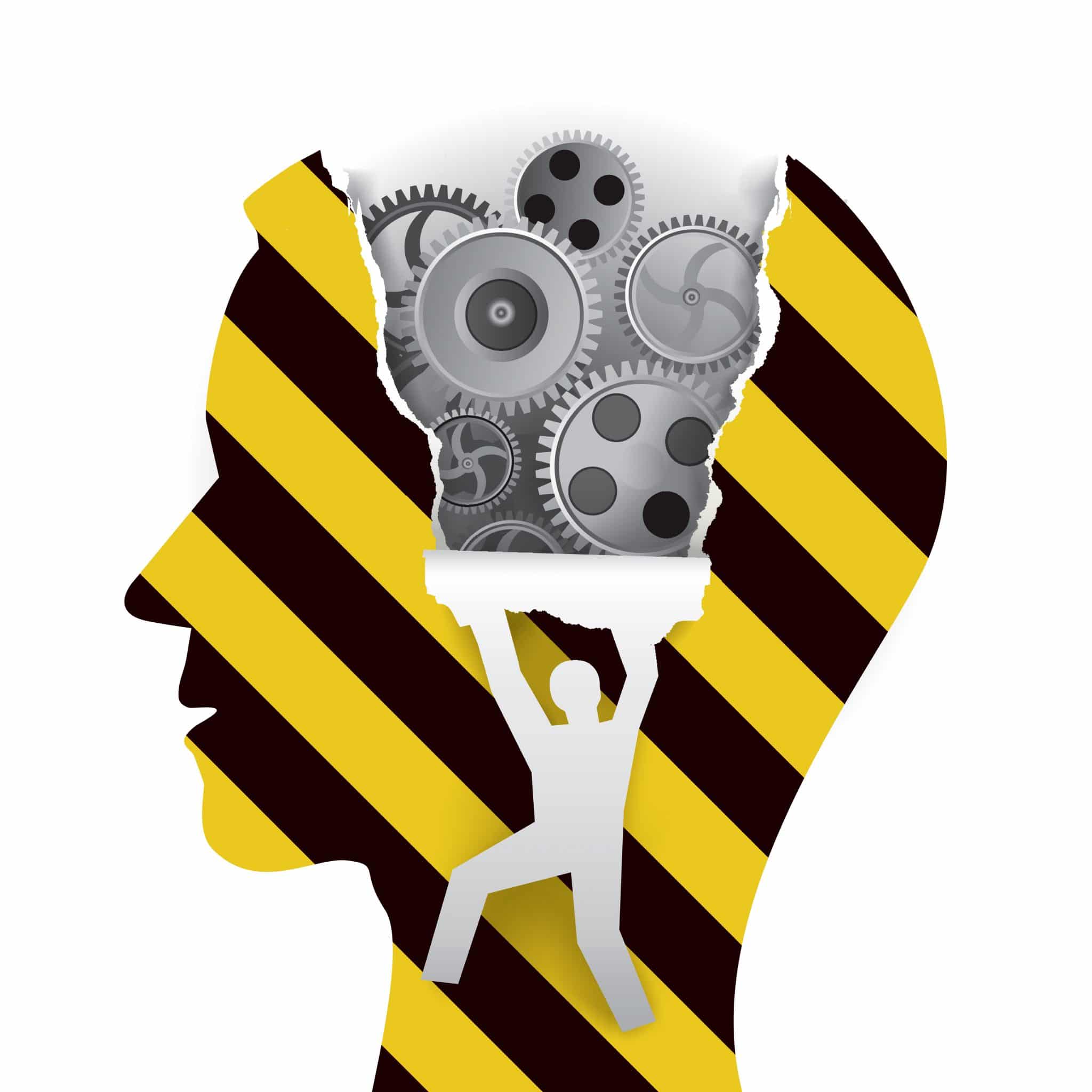There’s a variety of potential health and safety exposures for construction employers like you to consider at the job site, including falls from height, electrocution hazards and struck-by incidents, to name a few. However, the biggest danger in the industry remains that of mental health.
Unfortunately, construction employees’ mental well-being is a concern that is often overlooked. Recent research found that over 80% of construction workers have felt stressed on the job, while 60% of employees within the sector reported suffering from mental health issues (e.g., depression and anxiety). And sadly, the construction industry has the highest suicide rate of any profession.
What’s worse, these concerns have likely been exacerbated by the ongoing COVID-19 pandemic, as construction employees have had to work strenuously to complete projects amid a range of supply shortages and economic uncertainty.
Ignoring mental health issues among your workforce can carry several consequences—including decreased productivity, poor staff morale and a greater likelihood of workplace accidents. Furthermore, failing to address employees’ mental well-being could increase their risk of dying by suicide. In fact, the construction sector has the highest suicide rate across industry lines, contributing to more annual deaths than all other work-related fatalities combined.
Promoting Mental Health Within Your Company
Don’t disregard your employees’ mental well-being. Here’s what you can do to promote mental health at the construction site:
- Establish a supportive environment. Job-related stress can often stem from issues such as role ambiguity and excessive workloads. As such, it’s important to take steps to prevent these stressors from impacting your employees’ mental well-being. Be sure to set clear expectations for each position so that workers fully understand their job responsibilities. Additionally, make it a priority to assign realistic workloads and adjust them as needed to keep employees from getting overwhelmed. Further, provide workers with adequate breaks throughout the day to let them step away from the demands of their job.
- Encourage open communication. Despite the prevalence of mental health issues in the construction industry, just one-third of employees reported that they would feel comfortable sharing these concerns with their employer. Workers’ reasons for not voicing such concerns included fear of embarrassment and worries that doing so would negatively affect their careers. These findings highlight how vital it is to destigmatize the topic of mental health. As an employer, make it clear to your employees that you value their mental well-being. Foster a culture of open communication by scheduling regular, individual check-ins with employees to discuss job stressors and related concerns. Also, consider introducing various mental health initiatives on-site, such as showing a presentation on healthy coping mechanisms or having a guest speaker share their perspective.
- Provide additional resources. Make sure to offer plenty of external mental health resources to employees—including the Centers for Disease Control and Prevention’s virtual tools and the Substance Abuse and Mental Health Services Administration’s national helpline (1-800-662-HELP (4357). Encourage employees to consult a mental health professional for further assistance.
For more construction industry and/or mental health guidance, contact us via the form below. And be sure to follow us on LinkedIn and like us on Facebook for more tips and industry news.
Related links:

